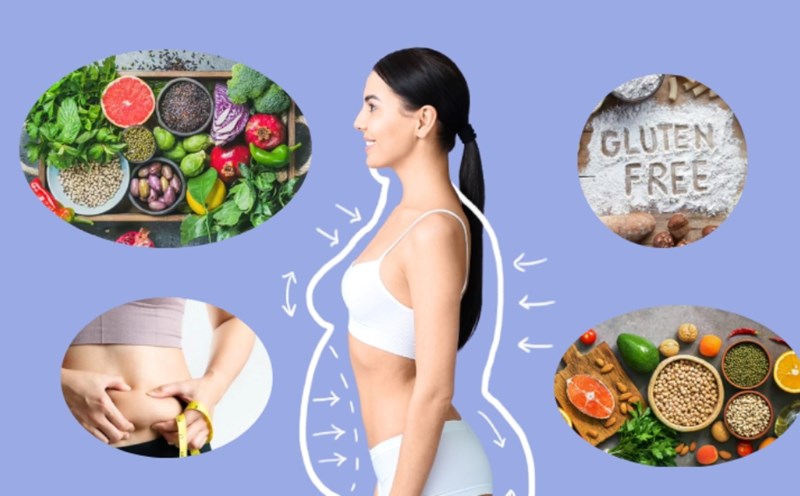Effects of stopping gluten for 1 month
Ankita Ghoshal Bisht, nutritionist at Primus Super Speciality Hospital, New Delhi, India, says gluten is a protein found in wheat, barley, and oats (when contaminated with gluten during processing). For some people, cutting out gluten can bring about noticeable changes.
While gluten itself is not harmful, consuming too much can cause problems for some individuals, especially those with celiac disease or gluten sensitivity.
Consuming too much gluten can also lead to digestive problems, inflammation, and other health issues.
When you completely give up gluten for a month, a number of things can happen to your body. Ankita Ghoshal Bisht lists a few:
Improve gluten intolerance symptoms: If you have a gluten sensitivity or intolerance, your symptoms may improve or disappear. Common symptoms of gluten intolerance include digestive problems such as bloating, diarrhea, and abdominal pain, as well as fatigue, headaches, and skin problems.
Weight loss: Some people may lose weight when they eliminate gluten-containing foods from their diet, especially if they previously consumed a lot of processed products containing gluten. This weight loss may be due to lower calorie intake or better digestion.
Increased energy: People with undiagnosed celiac disease or gluten sensitivity may experience increased energy levels and better moods when they eliminate gluten from their diet, as it reduces inflammation in the body.
Nutrient deficiencies: A gluten-free diet can sometimes lead to nutrient deficiencies, as many gluten-containing grains are fortified with essential vitamins and minerals. It is important to replace these nutrients through alternative sources when following a gluten-free diet.
“However, if you don't have a medical reason to eliminate gluten from your diet, it's unnecessary and may limit your nutrient intake,” notes Ankita Ghoshal Bisht.
Replace with what source of nutrition?
According to Ankita Ghoshal Bisht, if you want to eliminate gluten from your diet, there are a number of alternatives to try including: quinoa, rice, oats (if certified gluten-free), almond flour, coconut flour, and legumes such as lentils and chickpeas...
It is important to maintain a balanced diet when making dietary changes. You should consult your healthcare provider or registered dietitian for personal advice.









